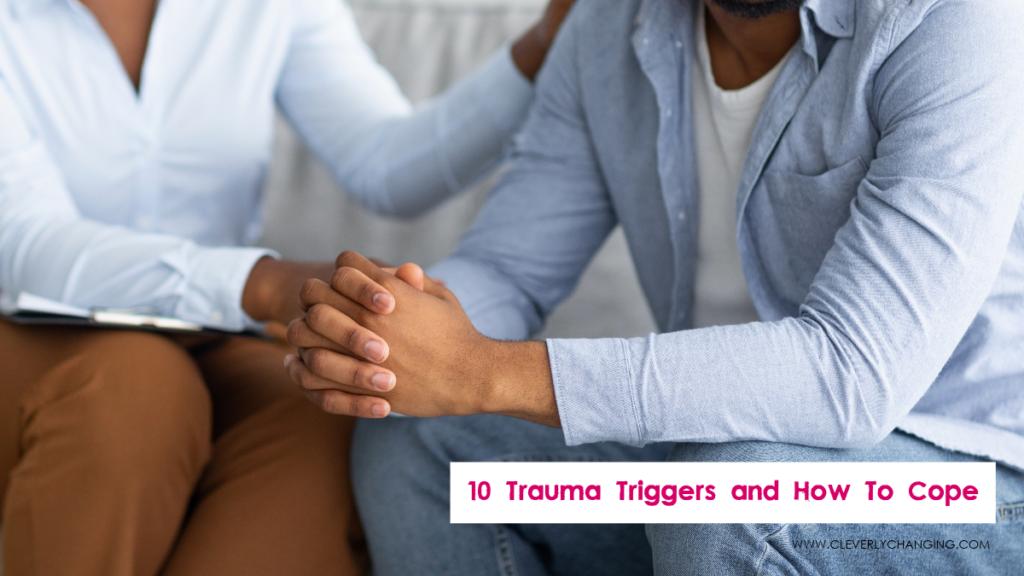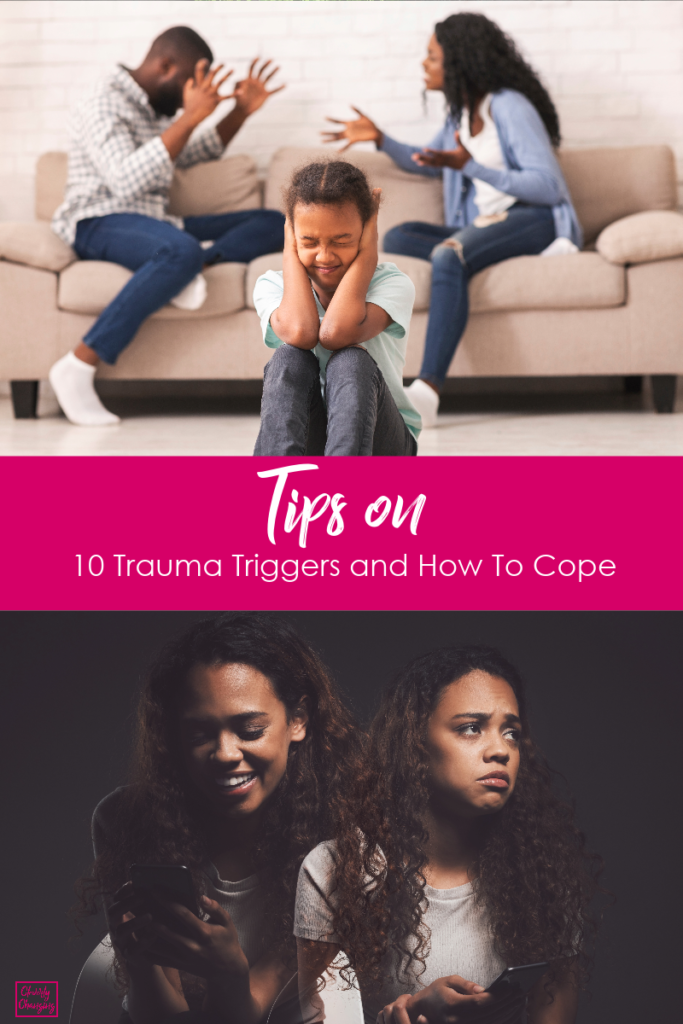Trauma triggers are things that remind a person of a traumatic experience they have undergone. This could be a smell, a song, a piece of clothing, or many other things. This reminder makes the person feel as if they are experiencing the trauma once again. It takes them back to the time when that trauma occurred, so they feel as if they’re reliving it.
Often, these triggers come out of nowhere. When a person cannot prepare for them, it becomes harder to respond in an appropriate way. Therapy can help reduce or eliminate the triggers. However, the triggers might still upset them, and a person must know how to cope with the trauma when they do. Healing trauma will require a person to gain these coping skills.
Examples of Trauma Triggers
Trauma triggers may be internal or external. When a person encounters one of these triggers, their body may go into fight-or-flight mode. They may have memory issues or flashbacks. How do internal and external triggers differ?
Internal triggers might be memories of the trauma or feelings of fear and rage. Anniversary dates often serve as trauma triggers, as does negative self-talk. External triggers are those that exist outside of the person. They might include a smell or sound. It could be a specific person serves as a trauma trigger or a particular time of day. Any change in a person’s life might also be a trauma trigger. How can a person cope when they encounter one of these triggers?
Coping Strategies
- Find a safe space to become grounded again.
- When flashbacks occur, imagine them playing out on a TV screen. Change the channel to a more pleasing scene.
- Practice mindful breathing by inhaling for five seconds through the nose. Hold the breath for five seconds and exhale for five seconds. Repeat this cycle to calm down.
- Identify three things in the surroundings by using the senses. Doing so brings the person back into the present.
- Have a safety plan in place for those times when trauma triggers come up. This plan should include steps to take when this happens.
- Record a message to play when experiencing trauma triggers. This message should remind the person that they are older and have survived the trauma. They are safe now and have come a long way since that trauma. In addition, it may include grounding strategies.
- Find a distraction. Trauma triggers create a pathway to system response. Anything that interrupts this pathway is beneficial. When symptoms crop up, play a song, call a friend, or listen to guided meditation to provide this interruption.
- Learn self-soothing techniques, ones that are relaxing and comforting. They will also interrupt the neural pathway. Take a hot bath, look through pictures of loved ones, or indulge in a favorite food to take the mind off the trauma.
- Connect with a loved one. Reach out to a loved one when these symptoms appear. It may be helpful to talk with them about the trauma, or they may be used as a distraction to become grounded once again.
- · Avoid known triggers whenever possible. Over time, a person will typically learn what cues lead to a reaction. This might be the person responsible for the trauma or the location where it occurred. With therapy, most people find they can overcome the trauma and be in the presence of the trigger with no problems.
Don’t let trauma take over your life. Work through this trauma with a therapist. As the process moves forward, use the coping strategies outlined above. With the help of a therapist and these strategies, a better quality of life can be achieved, so try them today.


